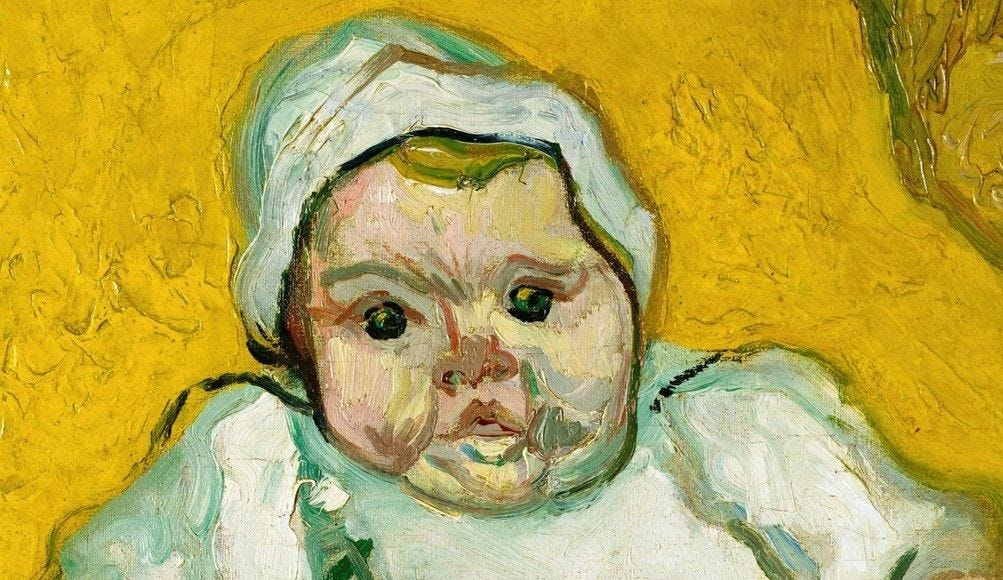Life is Inherently Uncomfortable
Muslim students may have been offended by a painting of the Prophet. That's a feature, not a bug.
Islam hasn’t been in the news lately, which is generally a good thing. It’s better for us to stay under the radar, I think. Consider my surprise, then, when I heard about the dust-up at a small, private school named Hamline University. A lecturer showed a painting of the Prophet Mohamed to her art history class. After some Muslim students objected, Erik…




